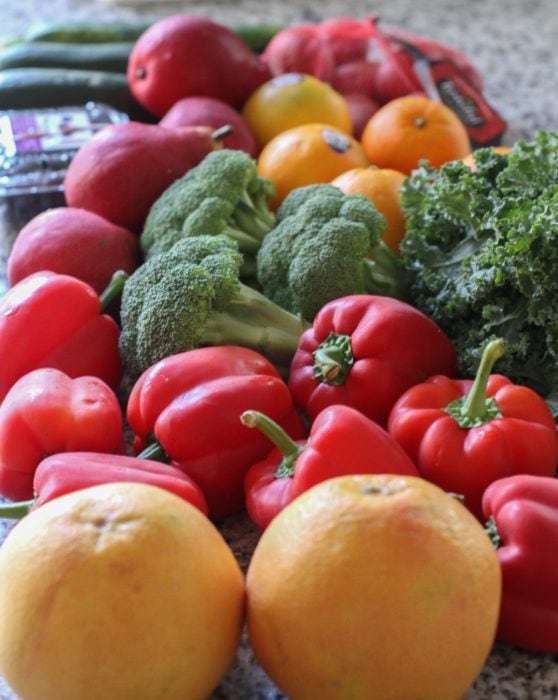

We try not to use the term “ugly produce” because it’s not ugly it’s what real food looks like, and it’s not superficial like some of the produce in the grocery store. Today, we still have produce that grows with odd shapes and a little scaring because that is how produce naturally grows.Ī lot of consumers walk down the grocery store aisle and see apples that are the same size, color and shape with a sticker on it, and we are trying to reeducate customers so that they can see what real food really looks like and so that they understand that minor flaws don’t make the produce bad produce. One hundred years ago, people went to the market and bought produce that looked different without thinking twice about it. Waste360: What do you think are some of the biggest challenges of combating food waste and how is Hungry Harvest working to help overcome those challenges?Įvan Lutz: It really all comes down to consumer education. Some of my favorite posts are where parents are tricking their kids into eating fruits and vegetables by disguising items and secretly adding them into dishes like zucchini bread. We also have a recipe club on our Facebook page where customers share recipes and explain how they utilized the entire produce to create dishes.
Hungry harvest how to#
The guide details how to keep the produce fresher longer. To help our customers understand how to best store the produce they receive, we also offer a helpful produce storage guide. And our egg supplier has a large surplus of white eggs because they sell higher volumes of brown eggs, so our customers can opt to add fresh, white eggs to their boxes for a low cost. One of our bread suppliers, for example, donates a loaf of bread for every loaf that we sell. All of our partners are mission driven, so each add-on is also helping to feed the hungry. We also offer a lot of add-ons in various markets, such as eggs, cheese, bread and more produce. The produce included in the boxes is usually cheaper than a grocery store, and it’s really fresh because it usually comes straight from a farm. They all include a range of produce like vegetables, fruits and potatoes, but customers can select more of something they like and less of something they don’t like. Waste360: Tell us a little bit about the customizable boxes that Hungry Harvest offers.Įvan Lutz: Our boxes start at $15 and go up to $50. We are based out of Baltimore and serve the areas of Baltimore Detroit Miami Philadelphia Raleigh, N.C. Waste360: Where does Hungry Harvest get its surplus food from and what areas does the for-profit currently serve?Įvan Lutz: We purchase all the produce from farms and other suppliers such as wholesalers.

For every box that we deliver, we help someone in need eat healthy through either a donation or subsidy. We take the produce and package it up into nice, customizable variety boxes, which are delivered to our subscribers once a week. We deliver farm fresh produce that otherwise wouldn’t find a home for various reasons, such as minor flaws like size or scars.


Waste360: Tell us about Hungry Harvest and its mission.Įvan Lutz: Hungry Harvest is a for-profit produce delivery service on a mission to fight food waste and hunger. Waste360 recently sat down with Lutz to discuss Hungry Harvest’s mission, its customizable box offerings and some of the biggest challenges of combating food waste. And as it expands across the country, Hungry Harvest is working to combat the challenges of food waste and food insecurity one city at a time. The for-profit, which serves up customizable harvest boxes to subscribers, delivers approximately 150,000 pounds of produce per week to subscribers, donation partners and subsides. Through Hungry Harvest, a farm to doorstep produce delivery service on a mission to eliminate food waste and hunger, Lutz and his team are finding homes for surplus produce that doesn’t meet grocery display standards. And to help prove his point, he is working to empower conscious consumers to make healthy purchases that benefit both people and the planet. Evan Lutz, founder and CEO of Baltimore-based Hungry Harvest, believes socially conscious business has the power to end food waste and have a real impact on the environment, community and economy.


 0 kommentar(er)
0 kommentar(er)
